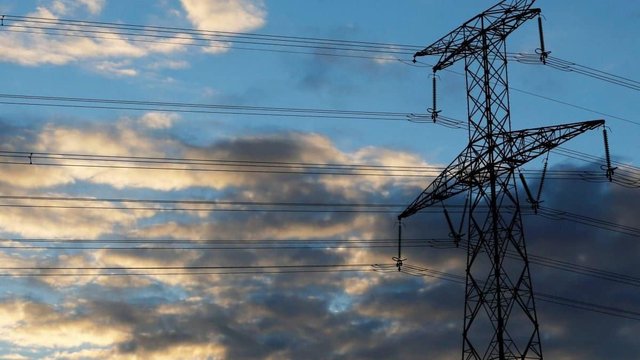Bill on energy-European integration extremely important for transparency of Ukrainian electricity market - expert

Synchronization of the Ukrainian and European electricity markets, an important part of which is draft law No. 12087-d on the implementation of the norms of European law on the integration of energy markets, adopted on July 22 at first reading, will contribute to the openness of the electricity market in Ukraine, the establishment of stricter rules on it and the screening of companies with non-transparent business behavior, believes Iryna Beresneva, General Director of Tolk Ukraine LLC.
"We are counting on a change in the rules of the game – on logic, transparency and predictability. Because today the market often looks like a bazaar, where everyone plays by their own rules. The law should finally change this. The market is transforming and will become tougher. But that's good. Those who are used to working according to schemes will leave. Companies with business models, with a team, with an understanding of how to manage risks and be accountable to the client will remain," she said in a comment to the Energy Reform online portal.
According to Beresneva, the European legislative framework will affect the number of "unconscious" groups of traders and suppliers who currently distort market conditions of cooperation and prices for the end consumer.
"There will be fewer random traders, less manipulation and more responsibility – both to the market and to the country. We are not just bringing our law up to the EU – we are growing up," the expert emphasized.
As for suppliers, in her opinion, the new mechanisms will require the ability to work with a portfolio, risks, forecasting, but will also allow them to work more effectively with microgeneration, accumulators, and participate in EU balancing markets.
At the same time, as the CEO of Tolk Ukraine emphasizes, the new legislative framework should provide not only protection, but also responsibility for consumers themselves.
"The state must teach consumers to be responsible: to calculate, forecast, and manage their generation or delegate management to their partner - the supplier. Otherwise, the "flexibility" of the system will remain a beautiful word from presentations," Beresneva believes.
She noted that the adopted bill talks about integration at the level of spot markets, detailed implementation of the concepts of aggregation, flexibility, and the consumer as an active participant. At the same time, in her opinion, it is important that the transition during martial law in the country be smooth and gradual.
"Currently, Ukraine still has very weak analytics - due to closed data on generation and consumption, there is an imitation of balancing. We have no right to import a form without content," explained the CEO of Tolk Ukraine, emphasizing that the final version of the law will still require in-depth development, which should involve, in particular, the NEURC, Ukrenergo, and the suppliers themselves "with practical knowledge, and not just a translation of European standards".
Regarding how Tolk Group itself is preparing for European energy integration, Beresneva noted that the group has been working in the logic of the European energy business for several years and, in particular, is betting on the development of aggregation.
"We have created a European structure, are adjusting business processes in accordance with EU norms, are studying and testing aggregation models. Even though the current version of the draft law does not yet contain a clear model of independent aggregation, we understand the critical importance of this mechanism for the future of the energy system," the head of Tolk Ukraine described the situation.
She added that the expected implementation date of the main norms is the beginning of 2027, but preparations for this are already beginning.









